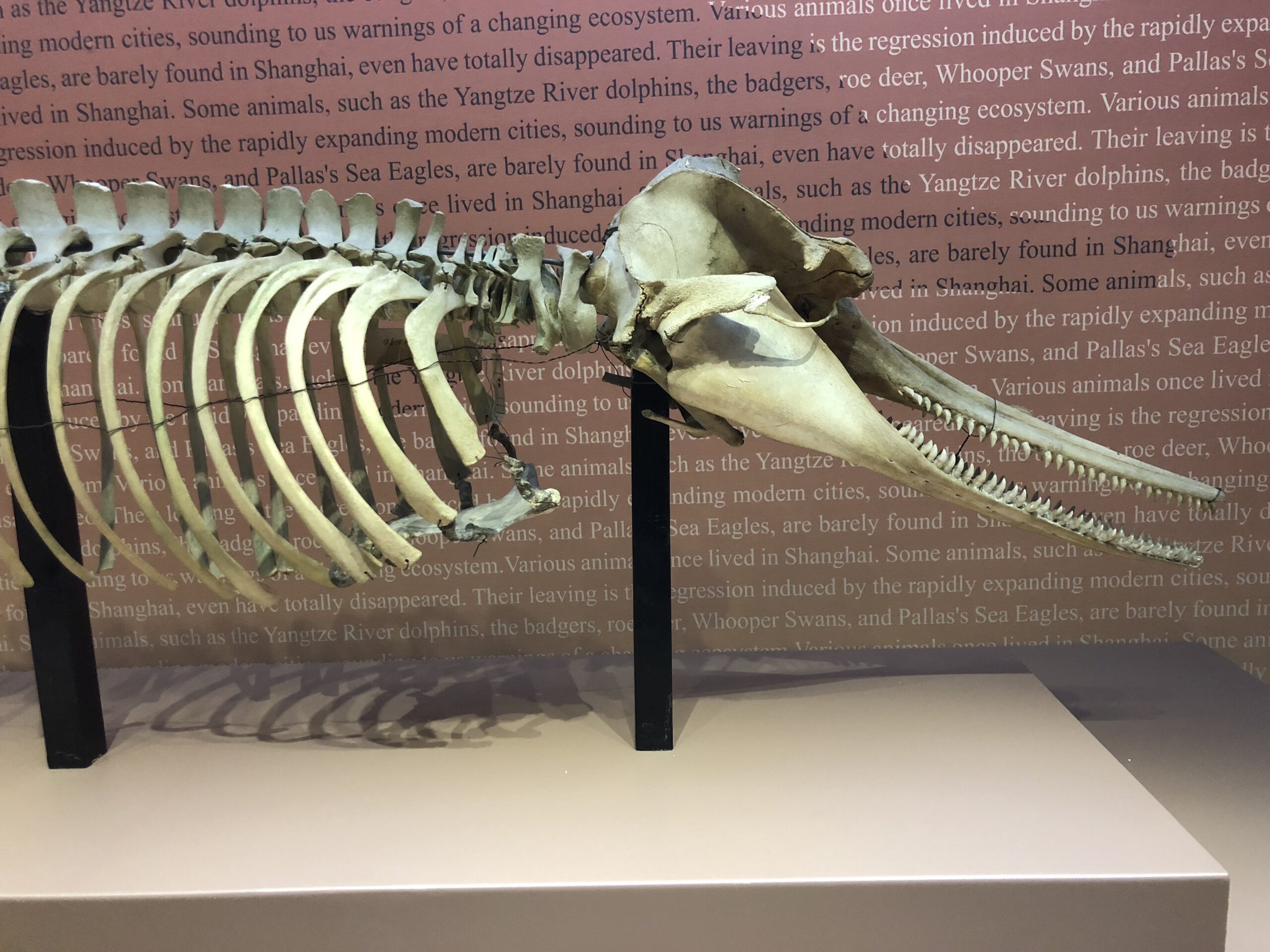August 12-16, 2019 in Stavanger, Norway
Arranged by The Greenhouse: Environmental Humanities at the University of Stavanger
Note: This course has been held. One of the lecturers reflected on his involvement in the course here: https://curatingtomorrow236646048.wordpress.com/2019/08/25/stavanger-environmental-humanities-and-museums-and-a-great-climate-change-exhibition/
We are inviting applications for a 5-day intensive master class on museums and environmental humanities to be arranged in Stavanger, Norway, by University of Stavanger in August 2019. The class will grapple with how we can tell meaningful narratives of human-nature relationships in a rapidly changing world. Museums are sites of storytelling and can thus be a vehicle for engaging the public with complex environmental challenges. Environmental humanities insights through foundational concepts such as care, entanglement, hybridity, and multispecies worlds can play a vital role for museums trying to tell these stories.
Guided by experts working at the museum / environmental humanities interface, this master class allows PhD students in environmental humanities, museum studies, and related fields to explore existing display practices and envisions potential futures. The topics to be covered include the use of objects in storytelling about environmental history and climate change, the integration of human history into natural history displays, the role of narrative choices in how visitors understand nature-themed exhibits, and the possibilities for exhibits to increase environmental sensibilities.
The class will run over five consecutive days. The morning session each day will feature a lecture and works-in-progress discussion with the lecturer. The afternoon session will feature a tour to a local museum followed by a group analysis of the particular museum as a site of environmental storytelling.
Students will be given a reading list of material to be read before the class. During the class, they will develop a personal project that will become part of an online exhibit related to the class themes. After the class, students will be required to write a reflective essay of approximately 3000 words. The course awards 5 ECTS upon completion.
Lecturers:
Dolly Jørgensen, University of Stavanger (course organizer)
Dolly Jørgensen is professor of history at University of Stavanger and co-director of The Greenhouse: An Environmental Humanities Initiative at University of Stavanger. She is currently leading the projects “Beyond Dodos and Dinosaurs: Displaying Extinction and Recovery in Museums” and “Extinction as Cultural Heritage?”, both of which examine the narratives of around non-human extinctions in museums and gallery settings. Her book Recovering Lost Species in the Modern Age: Histories of Longing and Belonging will be published by MIT Press late 2019.
Libby Robin, Australian National University
Libby Robin is professor emeritus of history at Australian National University. She is a historian of science and environmental ideas. She has been heavily involved in the development and implementation of the Anthropocene slam concept, which focuses on storytelling around objects associated with the making of our contemporary environment. Her most recent books are Curating the Future: Museums, Communities and Climate Change (Routledge 2018), co-edited with Jennifer Newell and Kirsten Wehner; and The Environment: A History of the Idea (Johns Hopkins University Press, 2018), co-authored with Paul Warde and Sverker Sörlin.
Brita Brenna, University of Oslo
Brita Brenna is professor of museology at University of Oslo. She has published heavily on how museum institutions work with nature as a concept and how nature is portrayed in museum exhibits. Her most recent book is Museums as Cultures of Copies: The Crafting of Artefacts and Authenticity (Routledge, 2018), co-edited with Hans Dam Christensen and Olav Hamran.
Henry McGhie, former Head of Collections at Manchester Museum
Henry has a background as a bird ecologist, and 19 years’ experience as zoology curator and head of collections at Manchester Museum. He has led on a wide range of environmentally themed projects including galleries, temporary exhibitions and advocacy campaigns, combining scientific and humanities approaches. He set up Curating Tomorrow in 2019 to focus on supporting museums, museum networks and museum workers to contribute to climate change action and the Sustainable Development Goals. He is the author of Henry Dresser and Victorian Ornithology: Birds, Books and Business (2017), and co-editor of two books on climate change communication and museums.
Karen Rader, Virginia Commonwealth University
Karen Rader is professor of STS and Twentieth-Century United States at Virginia Commonwealth University, where she studies the intellectual, cultural, and social history of the modern life sciences in the United States. Her most recent book, co-authored with Victoria E.M. Cain, is Life on Display: Revolutionizing U.S. Museums of Science and Natural History in the Twentieth Century (University of Chicago Press, 2015). She also co-edited (with Liv Emma Thorsen and Adam Dodd) Animals on Display: The Creaturely in Museums, Zoos, and Natural History (Penn State University Press, 2014).
Planned museum site visits:
- Norwegian Petroleum Museum
- Norwegian Canning Museum and Stavanger Maritime Museum
- Stavanger City Museum
- Vitengarden (an agriculture and technology museum)
- Stavanger Art Museum
Application process:
Fill in this form, You will be asked to include a short description of your PhD project (up to 1/2 page length written in a Word processing program), a short description of your motivation for attending the course (up to 1/2 page length), and a summary CV (up to 1 page length)
Deadline for applications: June 1.
There is no cost for attending the master class, however students must make their own arrangements for travel and accommodations. Lunches will be provided during the course. Museum visits will be free for the participants. Accommodations at the on-campus hotel Ydalir can be requested through the course organizer for a special rate.

1 thought on “Museums & Environmental Humanities: A Master Class”